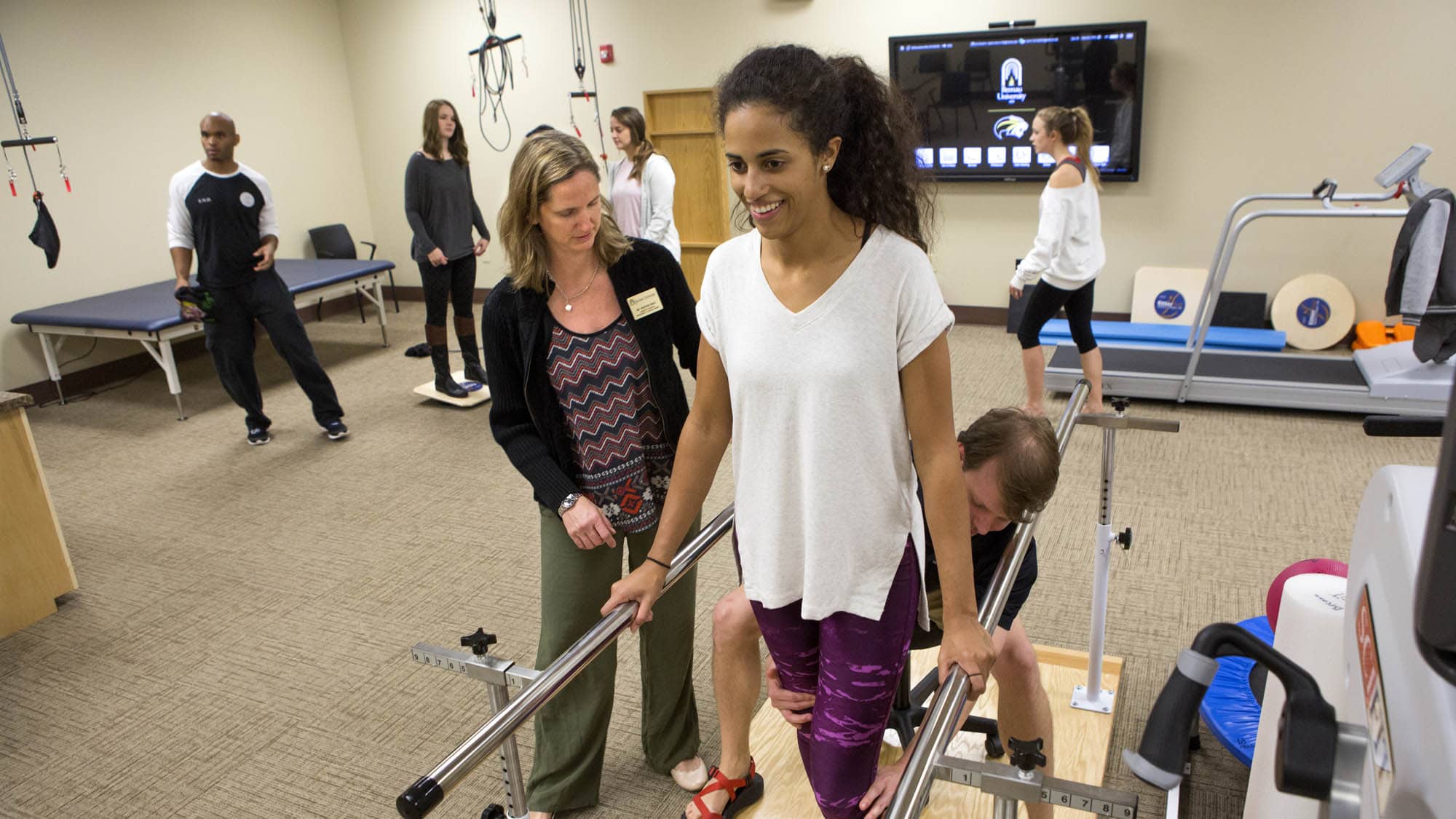The Essential Role by Licensed Physical Practitioners to Enhancing Individual Training Efficacy
Licensed physical PTs (PTs) play a vital function in enhancing the efficacy of personal fitness programs. Their expertise in anatomical anatomy, kinetic studies, and rehabilitation enables them to offer valuable insights that can assist personal coaches design more secure and more effective exercise plans. By collaborating with individual trainers, physiological therapists can guarantee that patients not only achieve their health goals but also preserve their general well-being and prevent harm. This partnership is essential for developing a well-rounded method to fitness that emphasizes both efficiency and safety.
One of the main benefits of licensed physical therapists is their capability to assess an person's bodily state. Before starting any training regimen, it is important to understand a client's assets, limitations, and any pre-existing issues. Physiological therapists are skilled to conduct thorough assessments that include assessing range of motion, power, balance, and control. This data is vital for personal coaches, as it enables them to tailor exercises to meet the specific needs of each client. By utilizing this information, trainers can create customized workout regimens that encourage advancement while minimizing the risk of injury.

In furthermore to assessments, physical therapists can offer instruction on correct exercise techniques. Many harm in exercise settings occur due to improper form or technique. Certified physiological PTs can teach both trainers and clients the proper methods to execute exercises, guaranteeing that actions are executed safely and efficiently. This understanding assists to establish a solid foundation for clients, allowing them to progress in their training without the fear of harm. Additionally, when coaches understand the principles of biomechanics taught by physical therapists, they can more effectively direct their patients through challenging exercises.
Another crucial aspect of the collaboration between physical therapists and personal trainers is injury avoidance. Physical therapists are specialists in recognizing hazard elements that may result to harm during fitness. They can counsel trainers on how to modify workouts for clients who may be at risk due to previous injuries or specific health conditions. By implementing these modifications, trainers can help clients stay active and involved in their fitness journey while reducing the likelihood of setbacks. This proactive approach to injury prevention is essential for maintaining long-term fitness and wellness.
Finally, the collaboration between certified physiological PTs and personal trainers can enhance the overall client experience. When clients know that their trainers are working alongside healthcare professionals, they may feel more secure and comfortable in a great post their fitness regimens. This partnership creates a nurturing environment where clients can ask queries and obtain assistance tailored to their specific needs. As a result, clients are more apt to remain dedicated to their fitness goals and achieve lasting results. The combined expertise of physical therapists and personal coaches forms a comprehensive support network that enables people to live healthier, more active lives.